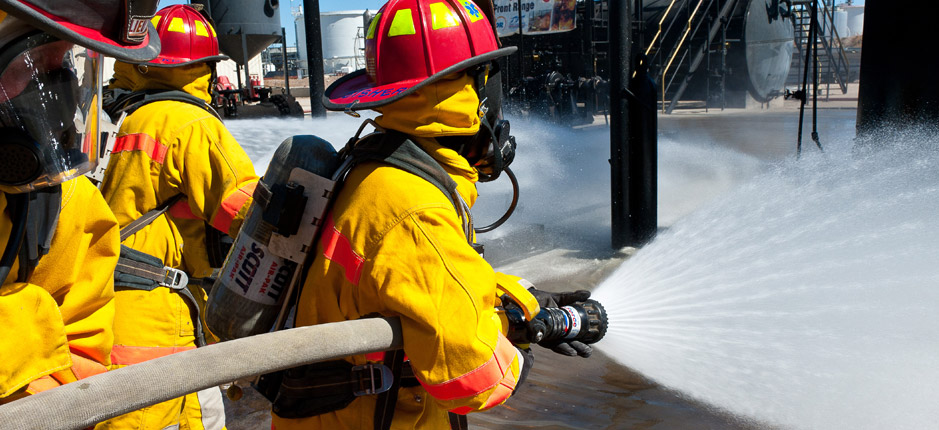Protecting Your Ride: Exploring the Benefits of Vehicle Engine Fire Suppression Systems

- Aug 14, 2024
- Malissa Mac
- 02 Comments
When it comes to our vehicles, safety is of paramount importance. We invest our hard-earned money and emotions into our rides, making it crucial to protect them from potential hazards. One such threat that every vehicle owner should be aware of is the risk of an engine fire. Vehicle engine fires can be devastating, causing significant damage and putting lives at risk. However, there is a solution that can provide an added layer of protection: vehicle engine fire suppression systems. In this blog, we will delve into the benefits of these systems and why they are worth considering for your ride.

1. Early Detection and Rapid Response:
One of the key advantages of vehicle engine fire suppression systems is their ability to detect fires at an early stage. These systems are equipped with advanced sensors that can quickly identify signs of a fire, such as excessive heat or smoke. Once a fire is detected, the suppression system initiates a rapid response, deploying fire suppressants to extinguish the flames before they can spread and cause significant damage. The quick reaction time of these systems can help minimize the risk of extensive vehicle damage and potential injuries.
2. Protection for Valuable Assets:
For many vehicle owners, their rides are not just modes of transportation; they are valuable assets. Whether it’s a classic car, a luxury vehicle, or a commercial fleet, protecting these investments is crucial. Vehicle engine fire suppression systems provide an added layer of protection, safeguarding your valuable assets from the devastating effects of fires. By swiftly suppressing the fire, these systems can help prevent or minimize damage to critical engine components, electrical systems, and other vital parts, potentially saving you from expensive repairs or even total loss.
3. Safety for Occupants:
In addition to protecting the vehicle itself, engine fire suppression systems prioritize the safety of occupants. When a fire erupts under the hood, it can release toxic gases and emit dense smoke, posing a serious threat to anyone inside the vehicle. Engine fire suppression systems work swiftly to suppress the fire, reducing the risk of smoke inhalation and providing occupants with a safer environment to evacuate. This can be especially crucial in situations where occupants may have limited time to escape, such as in highway accidents or confined spaces.
4.Compliance with Safety Standards:
Many industries, such as transportation, construction, and mining, have specific safety regulations and standards that need to be met. Vehicle engine fire suppression systems can help businesses and individuals comply with these safety requirements. Installing these systems in commercial vehicles or specialized machinery demonstrates a commitment to safety and can enhance compliance with industry standards. Additionally, having a fire suppression system installed may even lead to potential insurance premium reductions, as it showcases proactive risk management practices.
Conclusion:
Protecting your ride from the devastating effects of an engine fire is a responsibility that should not be overlooked. Vehicle engine fire suppression systems offer an effective and proactive solution to mitigate the risks associated with engine fires. With early detection, rapid response, protection for valuable assets, and enhanced safety for occupants, these systems provide peace of mind for vehicle owners. Whether you own a personal vehicle, manage a fleet, or operate specialized machinery, considering the installation of a vehicle engine fire suppression system is a prudent step towards safeguarding your ride and those who rely on it. Remember, prevention is always better than dealing with the aftermath of a fire. Invest in the safety and protection of your ride with a vehicle engine fire suppression system today.




